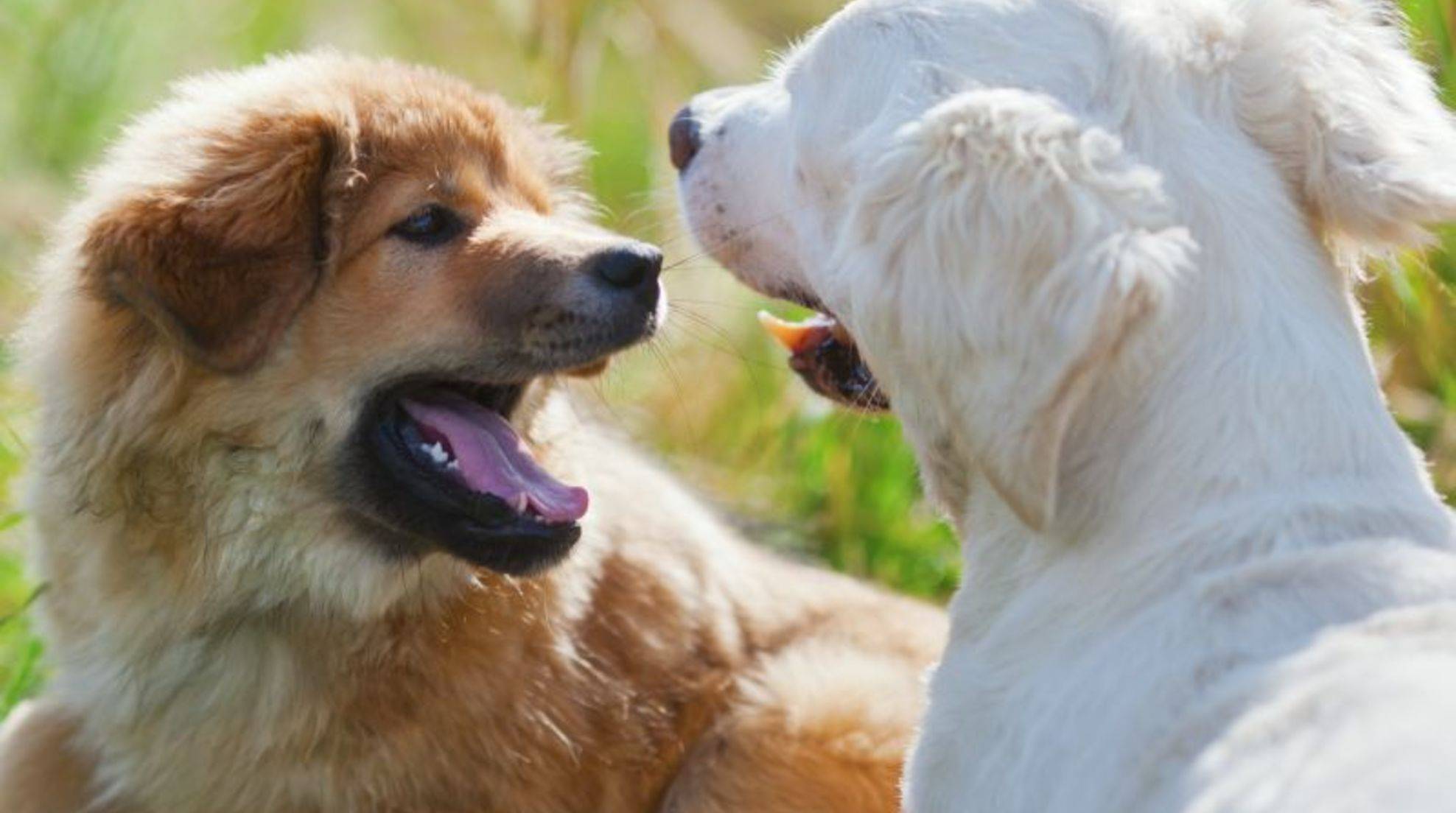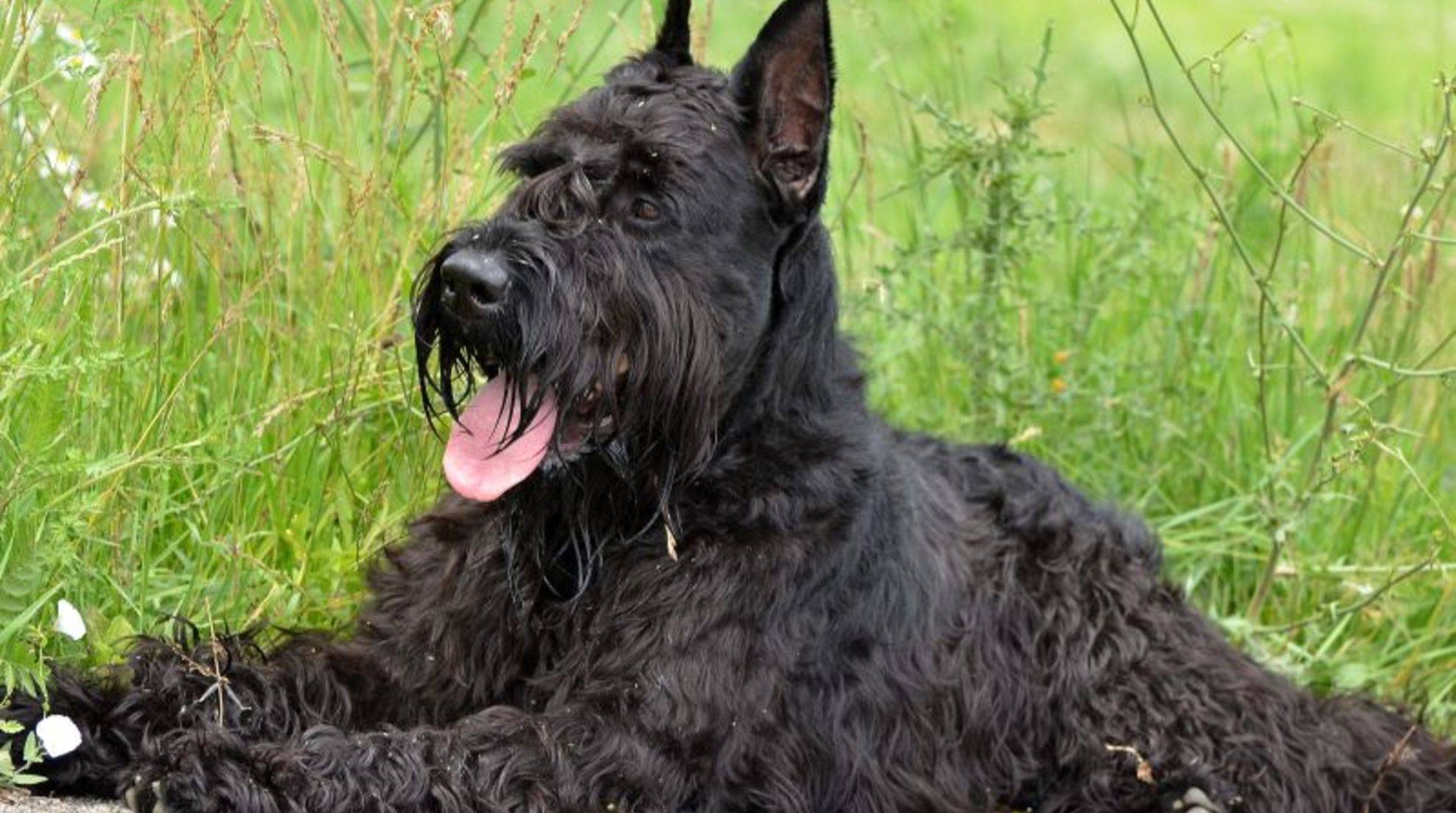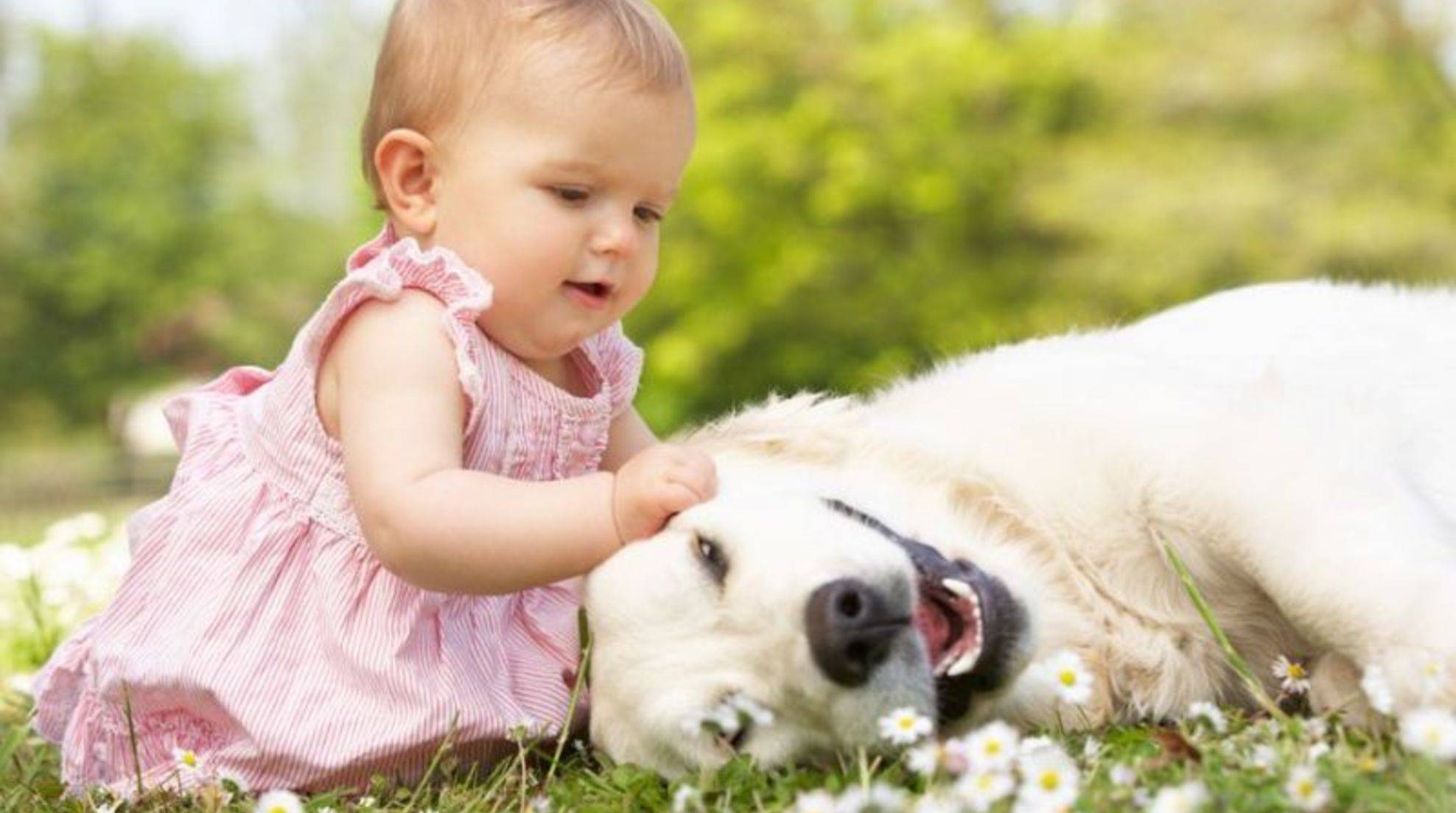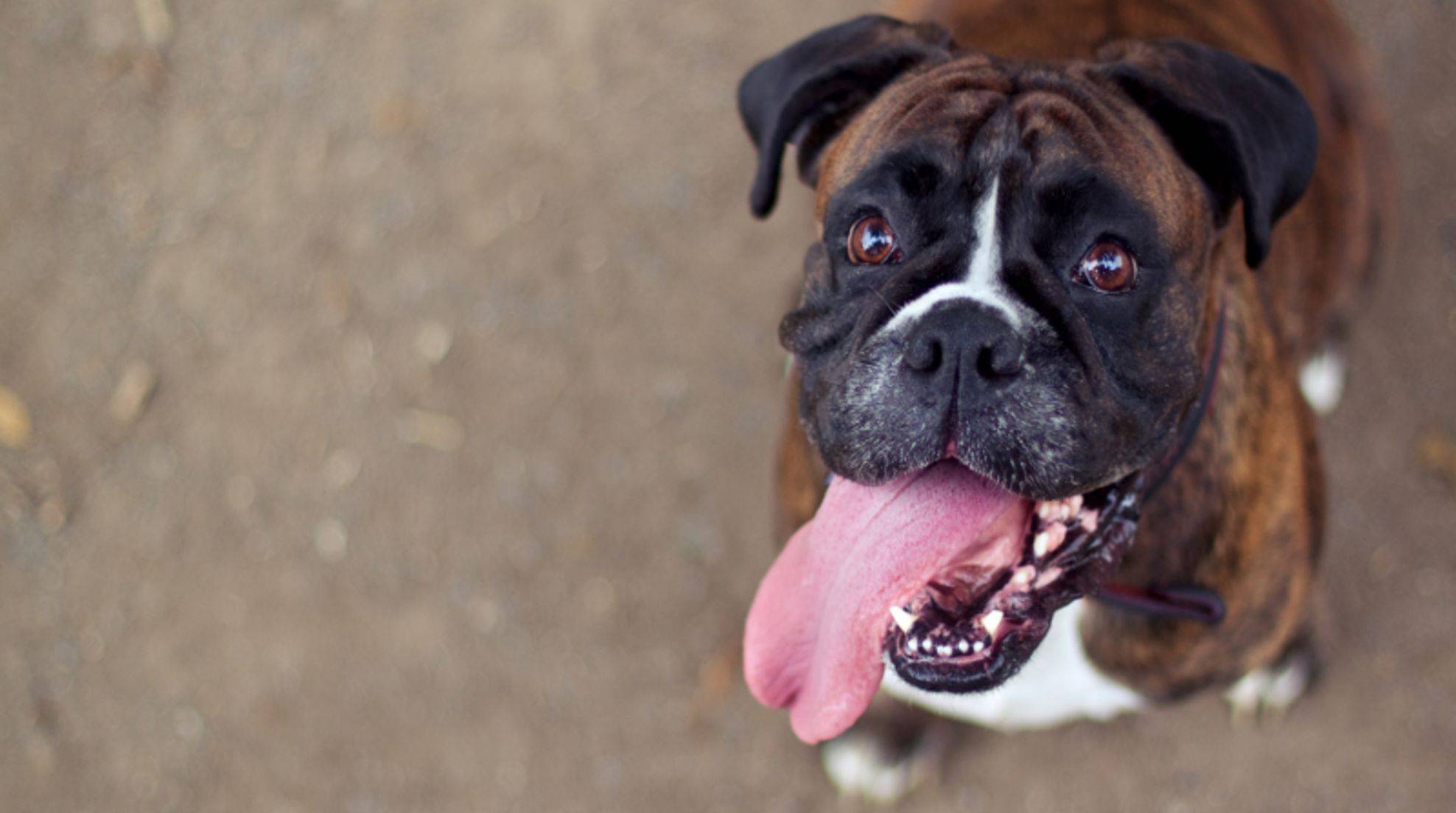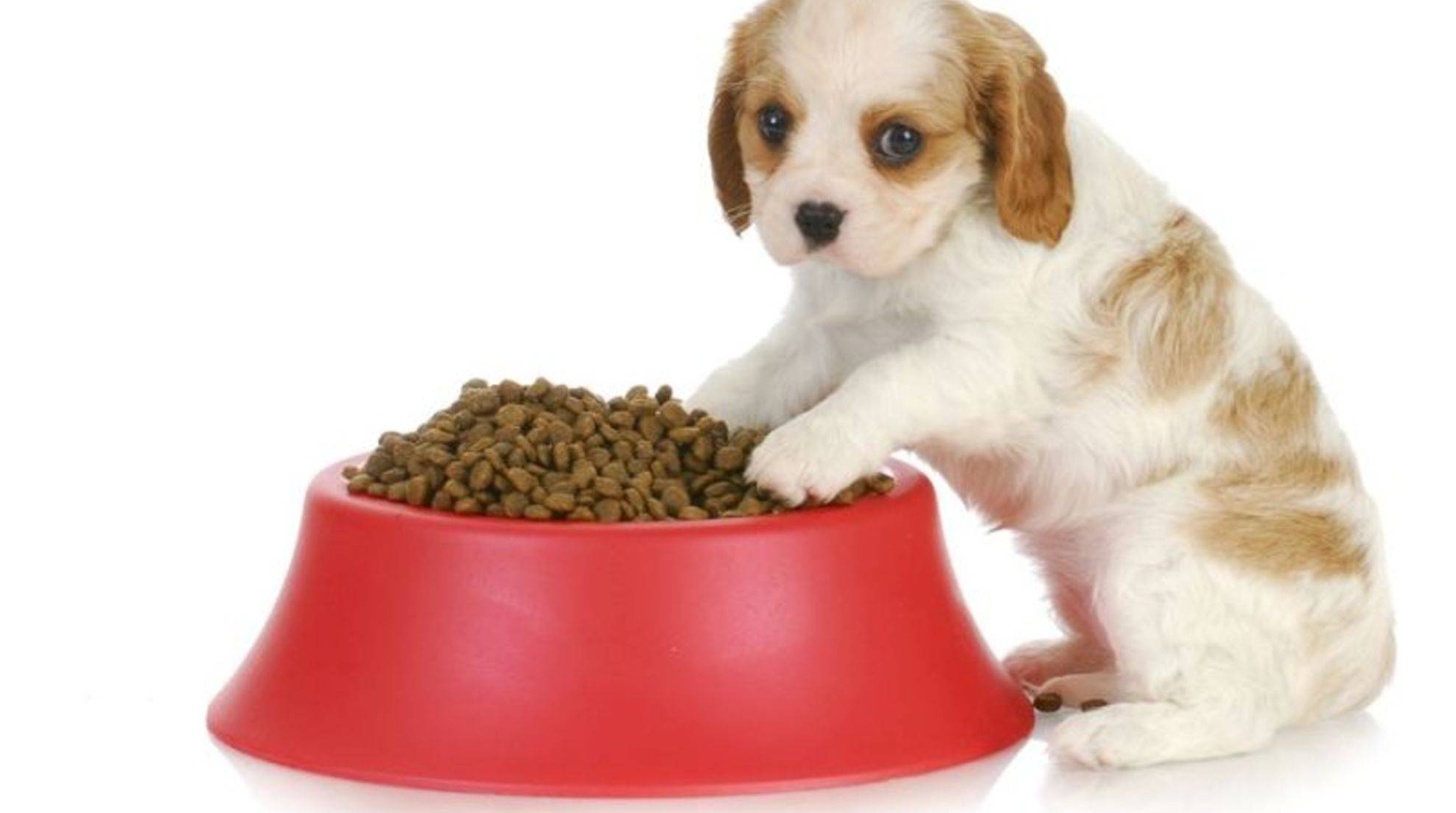Caution toxic! Food that dogs should not eat
They taste good to us humans, but they are poisonous to dogs: avocado, chocolate, etc. It is better not to feed your four-legged friend such human delicacies. Some foods that are toxic to dogs are even life-threatening after consumption.
Do you want to spoil your dog or reward for something? Then rather reach for dog snacks or special dog cookies instead of giving him a little something from your plate. Even if we humans are happy about a piece of grape-nut chocolate or liqueur chocolates – for dogs the delicacies are taboo. That’s because a long list of things we love to snack on can be toxic to dogs.
Raw pork, raw fish, onions, and salt
Of course, your dog will be at the family barbecue in the summer! But beware: food that is too greasy or spicy will give your faithful companion diarrhea and other ailments. Dogs can’t tolerate most barbecue leftovers!
The essential oils of onions contain sulfides. These substances destroy the dog’s red blood cells and can cause anemia – this is life-threatening for your pet. The same applies to garlic. Therefore, you should not feed onion and garlic to your dog, either raw or cooked.
Salty foods are okay for healthy dogs from time to time – but only if they drink enough at the same time. If the dog still does not feel well, take him to the vet quickly. As a general rule, you should not give heart-sick dogs too much salt with their food. In general, the dog’s body finds it difficult to digest spices. So it’s better not to feed your four-legged friend pickled grilled steak – even if you want to give him a treat.
Under no circumstances should you feed dogs raw pork; it can contain the Aujeszky virus. Although this is harmless to humans, it causes inflammation of the brain and nerves in dogs and cats – usually with fatal consequences.
Raw fish should also be taboo. The reason: Salmonella poisoning can cause serious problems such as diarrhea and vomiting.
Avocado, grapes, nuts, and chocolate
Dogs also can’t tolerate avocados because they contain persin. The toxin can cause heart muscle damage in dogs and lead to death. Also, be careful with grapes or raisins: they are also among the toxic foods for your pet, cause diarrhea and vomiting in four-legged friends. It can even cause kidney failure if you feed dogs with the fruits. However, the reason for the intolerance of grapes and raisins is unclear so far.
Nuts and chocolate are also taboo: walnuts, macadamia nuts, and co. are not only too fatty but also contain a lot of phosphorus – not exactly tolerable for dogs. Chocolate and other cocoa-containing products, in turn, contain theobromine. It strongly resembles caffeine and causes vomiting, diarrhea, and muscle tremors in dogs. In the worst cases, chocolate causes seizures and can lead to death. Therefore, do not leave sweets containing cocoa lying around the apartment, which your animal sweet tooth could catch.
Milk, alcohol, and caffeine
As a rule, dogs should only drink water. Alcohol and caffeine are toxic for dogs! Even a small amount of alcohol leads to vomiting, incoordination, coma, and sometimes death.
Drinks containing caffeine also have no place near dogs, because caffeine is very toxic for them. Caffeine is a so-called methylxanthine. It accelerates the pulse and increases blood pressure. It also lowers the stimulus threshold in the brain. In dogs, caffeine poisoning occurs quickly and can lead to anything from tremors and restlessness to overheating and convulsions to life-threatening cardiac arrhythmias.
Apart from water, however, you can give your four-legged friend a little milk now and then – the proteins and vitamins it contains are also healthy for dogs. However, many dogs cannot tolerate the lactose contained in milk. Too much lactose can cause severe diarrhea. You can occasionally try lactose-free milk. First and foremost, however, your furry friend should drink water.
Ginger
In naturopathy, ginger is considered a proven remedy, but can the tuber be used on dogs? The essential oils and gingerols in ginger can alleviate digestive disorders and joint pain in dogs. If your dog is about to undergo surgery or is pregnant, however, he should not eat ginger.
The reason: ginger has blood-thinning properties and promotes blood circulation. This can lead to premature labor, premature birth of the puppies, and complications during surgery. Dogs with a sensitive gastrointestinal tract may also be sensitive to ginger. Nausea, stomach pain, and diarrhea are possible consequences.
In general, you should only feed ginger as a cure, in consultation with your veterinarian, and only in small doses.
Coconut oil
In principle, coconut oil is not toxic to dogs. However, it may happen that your four-legged friend nevertheless reacts allergically to coconut. Especially if other allergies are already known, you should therefore test coconut oil especially carefully, or consult with your vet.
Also, dogs with certain pre-existing conditions such as diabetes mellitus or pancreatitis should not consume coconut oil. The reason: the oil is metabolized to ketones, which in conjunction with diabetes can promote organ damage. Increased fat intake can in turn damage the pancreas of diseased animals.



